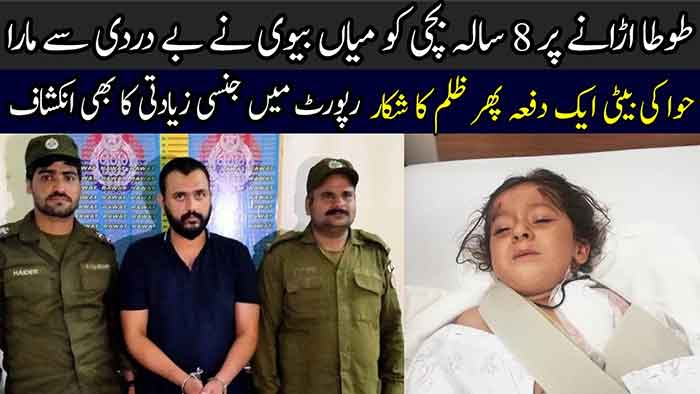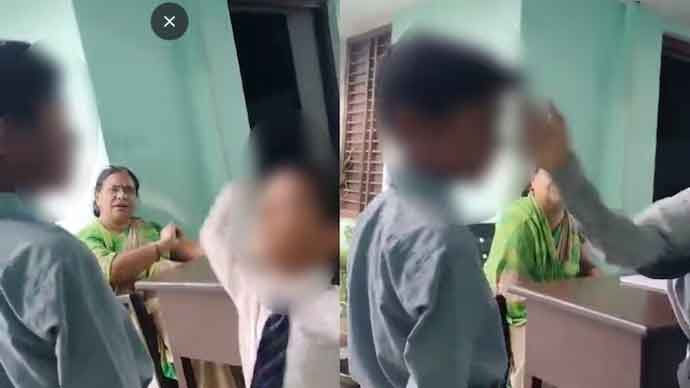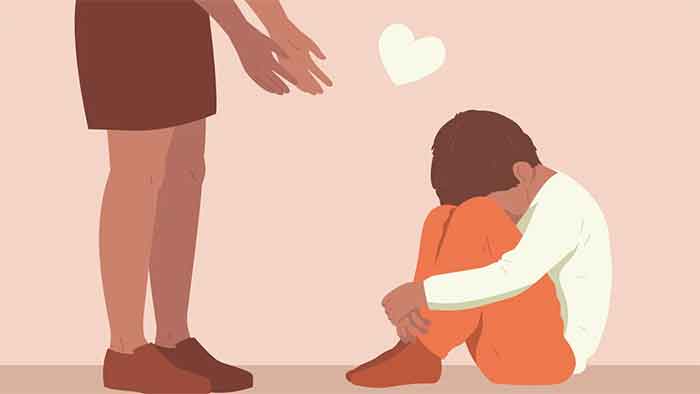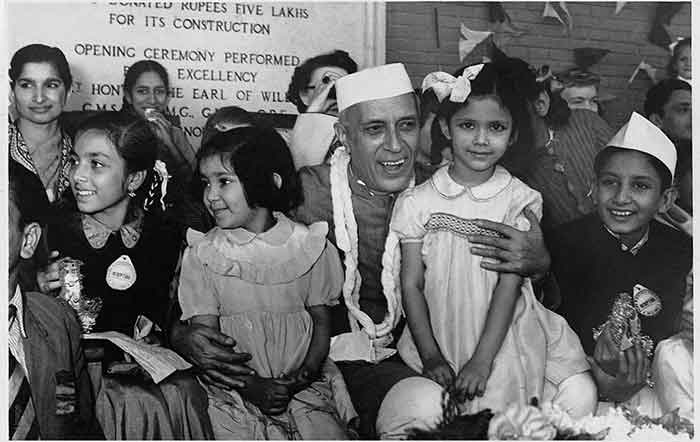
On May 31st 2020, Zohra Shah, an eight-year old domestic worker in Pakistan was beaten to death by her employers. Each year over one billion children across the world experience physical or sexual abuse.
Dear Zohra,
I am sorry you are not Black. I am sorry the police have not released the video of how your employers, Hassan Siddique and his wife Umme Kulsoom, caged you, abused you and beat you to death for freeing a few parrots. I am sorry that no statues fell for you. I am sorry that your murder has failed to free over eight million child workers in Pakistan or over two hundred and fifty million child workers across the world.
Zohra five days before you died, a Minneapolis policeman, Derek Chauvin pushed his knee into the neck of a 46-year-old black man for nearly nine minutes while he pleaded, “Please, I can’t breathe.” George Floyd’s death sparked protests and rage across the country. Tens of thousands of protestors marched into the streets of Minneapolis. The protests spread to over a hundred cities in the United States including New York, Philadelphia and Washington. Within days, the movement Black Lives Matter transformed into a global struggle and protestors surged out in the UK, France, German, Spain and Australia. Gathering momentum, the crowds tore down statues of slave traders and white supremacists. Some of the biggest brands pledged support to the movement, Black Lives Matter. Other companies fired their CEOs and Executives for racist and insensitive remarks. Chauvin has been charged for second degree murder. Some countries, states, and cities forced police departments to ban chokeholds and neck restraints. Many cities outlawed unannounced police raids, known as “no-knock warrants”. The George Floyd’s Memorial Fund raised over 14 M for his family and his GoFundMe page is supported by over five hundred thousand contributors.
George Floyd’s crime was that he bought cigarettes with a counterfeit twenty-dollar bill. Zohra, your crime was that you freed a few parrots. The day after you died, tweets and posts flooded social media. Many even changed profile pictures. A few days later you disappeared from news like the parrots you released.
The Ministry of Human Rights promised reform. However recent tweets hint towards tweaking the out-dated Employment of Children Act, 1991, to include Child Domestic Labour (CDL) to the list of banned occupations (applicable only to Islamabad) while overlooking excluding far more dangerous occupations such as kilns, mines, mechanic shops. There has been no attempt to change the age of a child from a person who is younger than fourteen years to a person who is younger than eighteen years. To date thousands of children under the age of sixteen years continue to work in hazardous occupations.
Zohra, I am sorry no media, corporate Mughal or minister took up your cause. Some renowned civil society members organized a protest but less than twelve protesters showed up. There is lesson to be learnt from the family, friends, and community of George Floyd. Are our lawmakers are purposefully silent. Can we steal their silence? What if you were my daughter? Would tears, posts, vigils have been enough then?
Zohra, when I read the news of your death, I couldn’t stop trembling. I shouted at the universe. Stop it. No more. You understand. Enough. Silence. The universe was silent. It had not answers. I had not spoken. The words were inside my head. Biting. Gnawing. And with chilling certainty I knew that the pandemic was not outside, it was within me.
It is easier and more convenient for me to look outwards and to condemn others. It absolves me. But the problem is not out there it’s within me. It is difficult and uncomfortable to look inside because I am part of the problem. I am part of complex social economic system that that perpetuates discrimination, poverty, violence and forces millions of children into forced labour. If I am part of the problem can I even be part of any solution?
Not if I continue to exclude the poor and vulnerable populations from the decision making process and appoint myself as their representative or spokesperson. Not if I continue to excuse the culprits because they are rich, powerful, my friends, friends of friends, or someone or I don’t want to offend. Not if I leave the millions of child labourers to be physically and sexually abused without taking any action. A viable, sustainable and progressive movement rests on the voices of all stakeholders committed to the cause.
The human rights movement will never progress if the poor and vulnerable are not part of the discussions and consensus building process. Stakeholders working towards human rights must facilitate the poor and vulnerable to be included in conversations about their rights even at the risk of losing their privilege. The goal is development not dependence. The worlds doesn’t need one Iqbal Masih, it needs millions of Iqbal Masihs. It needs us to protect the Iqbal Masihs.
Some claim that the poor and vulnerable are uneducated and illiterate and unable to contribute towards the right decisions. However, in my over twenty years of working with the poor in low-income communities in the field of development, I have found that majority of the poor are bright, determined, resilient and waiting for opportunities and initiatives to improve their lives. The uneducated and illiterate argument is an excuse to control and manipulate vulnerable populations and is strikingly similar to the justification of the East India Company and the British Raj to colonize the Sub Continent.
Our actions have a consequence, as does our apathy. Zohra, your future was stolen away from you. But, we still have a choice that can change many futures.
Note: A note of thank you to Mr. Naeem Sadiq for his precise and updated posts of the Zohra Shah case.
Aysha Baqir grew up in Pakistan. Her time in college sparked a passion for economic development. In 1998 she founded a pioneering not for profit economic development organization, Kaarvan Crafts Foundation, with a mission to alleviate poverty by providing business and marketing training to girls and women in low-income communities. Her novel Beyond the Fields was published in January 2019 and she was invited to launch her book at the Lahore and Karachi Literary Festivals and was featured in the Singapore Writers Festival and Money FM Career 360 in Singapore. Her interviews have appeared in Ex-pat Living, Mount Holyoke Alumnae Quarterly, Kitaab, and The Tempest. She is an Ashoka Fellow. www.ayshabaqir.com
Originally published in Borderless Journal
SIGN UP FOR COUNTERCURRENTS DAILY NEWSLETTER














































